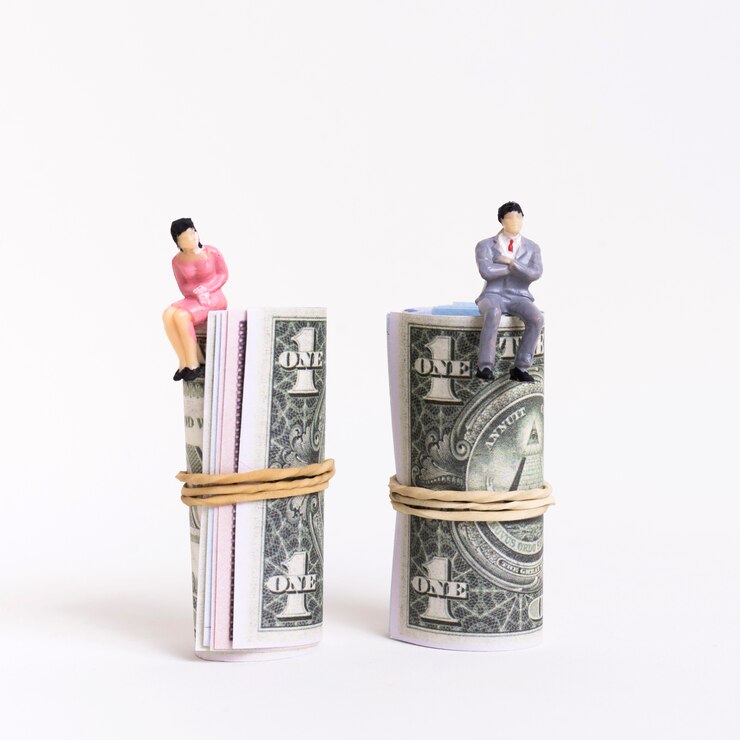Commentary
Protectionism will accelerate the crisis of American hegemony
The problem with a hegemonic crisis is that an alternative hegemony must be built, possibly through a global multilateral agreement. That is easier said than done.

Wednesday was the great “Liberation Day,” as Trump likes to call it: that is, a new wave of tariff barriers with which the U.S., heavily indebted to foreign countries, is trying to limit the inflow of goods from the rest of the world. Calling it “liberation” sounds ironic indeed.
For decades, the United States has been able to import from abroad with abandon, partly because of the extraordinary privilege it had of issuing dollars, the currency most in demand for international payments. This is what economists call the “extra degree of freedom” of U.S. economic policy: a monetary force that is also an expression of a broader imperial hegemony, in the sense that the dominant currency gained its power also through political-military control of the areas in which it spread. The result was that the world brought its goods to America, and America offered an endless supply of banknotes in return.
However, that “degree of freedom” is being challenged today in U.S. politics. As recognized by Larry Fink and other insiders of U.S. capitalism, it is possible that America's monetary hegemony is coming to an end. After all, if exporting countries are hoarding dollars while the United States is raising trade and financial barriers that will prevent the free use of those same dollars, how much longer can one trust in the universal value of the greenback? On closer inspection, it is precisely U.S. protectionist policies that are accelerating the crisis of the U.S.’s hegemony.
If this is the case, then we are looking at a “liberation” after all. However, it’s not so much America that is being liberated, but rather that large part of the world that for decades has subjected itself to the U.S.’s “military-monetary” empire. As is often the case, Donald Trump's words turn out to mean the opposite of what they seem.
Of course, history teaches that no “liberation” is painless. Least of all this one, whose birth pangs are likely to be long and fraught with dangers. The problem with a hegemonic crisis is that an alternative hegemony must be built, possibly through a global multilateral agreement. That is easier said than done. Like a wild animal accustomed to dominating its territory and seeing the signs of its own decline, America will put up all kinds of resistance to an agreement that would mark the end of its extraordinary privilege.
But the Chinese are also wary of taking the initiative to coordinate this process. So far, in Beijing they’d rather wave the old banner of global free trade against the rising U.S. protectionism. But this is pure rhetoric. The wanton neoliberalism of years past is itself a cause of the financial imbalances that ended up unleashing the U.S. trade barriers. No matter what Xi Jinping says, a return to deregulated globalism cannot be a solution, since it is part of the problem.
As for the European Union, if it is going to help manage the U.S. crisis peacefully, it could first of all admit its own share of responsibility. Such as the fact that the poison of European austerity has also suppressed our imports from the rest of the world, and thus contributed to the mounting U.S. debt and other international imbalances. But Brussels doesn’t appear to share that view. On the contrary, von der Leyen declared on Tuesday that in case of new U.S. tariffs, the EU was ready to “retaliate.” So much for promoting multilateralism. Once again, warlike language, showing the resurgence of old, stale ambitions for a new imperial Europe.
Amid this fearsome blizzard battering the international stage, Italy's line remains a work in progress. Our country is in a difficult position, as it is among those that sell the most to the United States and thus contribute the most to U.S. foreign debt. The U.S. recorded an excess of imports from Italy of as much as $44 billion, and they are complaining that they’re buying almost 2.5 times more goods and services than we’re buying from them.
With such an imbalance, it may well be that on “Liberation Day” Italy turns out to be somewhat less affected than other countries. But the data indicate that we will long remain among the biggest targets of Washington's protectionist policy. We would do well to take a cue from Marco Polo and look around for alternative trade outlets.
Emerging from the structural crisis of Atlantic capitalism without taking too much damage will require strategic foresight. But that is the exact opposite of the grotesque dispute between Meloni, Tajani and Salvini over who can do the closest impression of the proverbial “American in Rome.”
Originally published at https://ilmanifesto.it/il-protezionismo-che-accelera-la-crisi-dellimpero-americano on 2025-04-02
